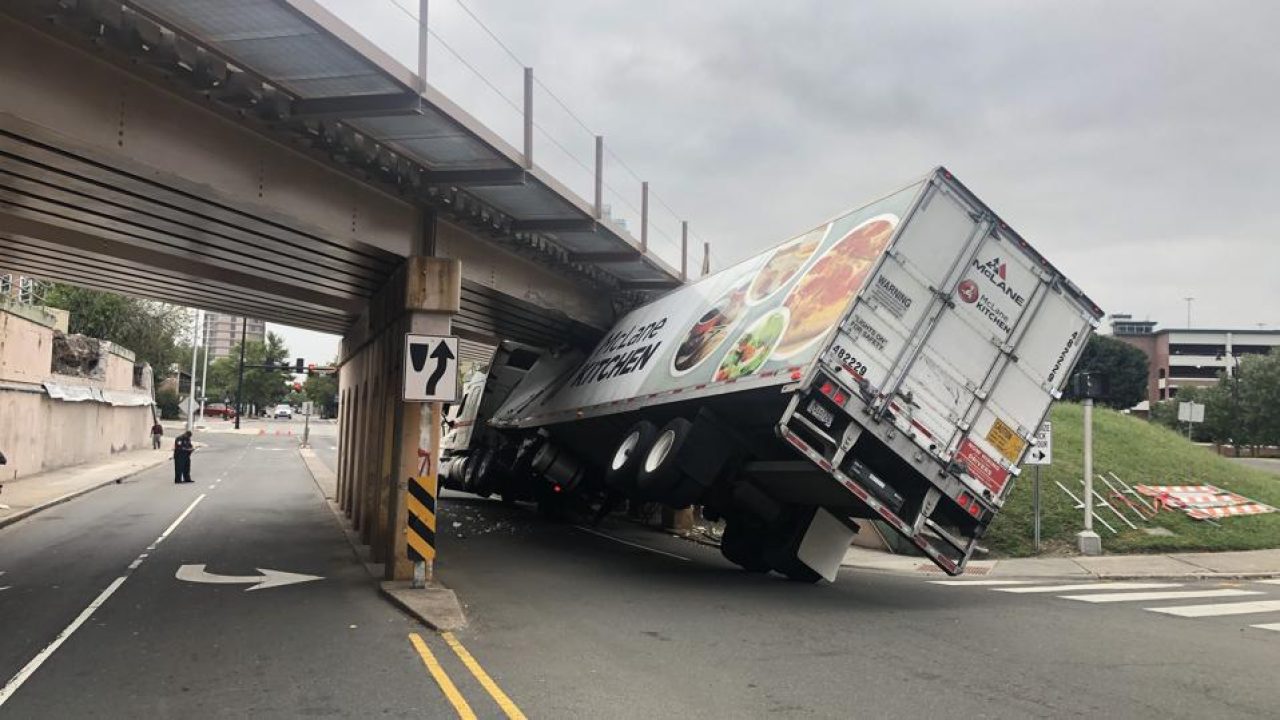Opioid abuse has become a pressing health crisis all across the US. It’s considered a national pandemic and has significant implications for road safety, especially when it comes to commercial truck driving. Fort Worth is no exception with its bustling trucking industry. This article will explore the link between opioid use and truck accidents and what’s being done about it.
Table of Contents
The Growing Concern With Opioids and Driving Commercial Trucks
Opioids aren’t all illegal substances. When we mention opioid drugs this also includes prescription pain relievers, heroin, and synthetic opioids like fentanyl. They’re all known for their pain-numbing effects but can do much more to inhibit the body. They can impair your cognitive functions, reaction times, and judgment which can turn a large and heavy commercial truck into a ticking time bomb. The National Safety Council reports that opioid use contributes to a decrease in alertness and impaired motor skills and these are contributing causes to a lot of accidents.
Fort Worth’s local economy is heavily based in the transportation and logistics industry so the impact of opioid use among truck drivers is of immediate concern. With thousands of trucks passing through the city on a daily basis, the risk of accidents due to impaired driving only increases. It’s a threat to public safety.
Local Regulations on Drug Use by Commercial Drivers
Texas has strict laws when it comes to drug use among commercial vehicle operators. The Texas Department of Transportation (TxDOT) and the Federal Motor Carrier Safety Administration (FMCSA) both enforce these regulations that require commercial drivers to submit to regular drug testing. Federal regulations are applicable nationwide:
- Pre-Employment Testing: All commercial drivers have to pass a drug test before they’re allowed to drive a truck. This isn’t only opioids but also other controlled substances.
- Random Testing: Any commercial driver is subject to random drug tests throughout the year. Their employers need to select the drivers for these random tests scientifically so that each driver has the same chance of being selected.
- Post-Accident Testing: Any accidents that result in death or when the driver receives a ticket for a moving violation as a result of an accident will require the driver to submit for a drug test.
- Reasonable Suspicion: When a trucking company’s supervisor (trained) or company official is suspicious that a driver is under the influence of drugs or alcohol, the driver must be tested. Signs to trigger this can include observed behavior, speech, or odor.
- Return-to-Duty and Follow-Up: Any driver who has already violated drug and alcohol regulations must pass a process that includes drug testing before returning to work. This process will occur over 1 to 5 years.
Texas Regulations
- Zero-Tolerance Policy: Texas has a very strict zero-tolerance policy when it comes to drug and alcohol use in commercial driving. Any detectable amount of these restricted substances in the driver’s system, while they’re operating a commercial vehicle, can bring on significant penalties that include losing their commercial license (CDL).
- Reporting: Employers are required to report certain drug and alcohol violations to the Texas Department of Public Safety
- Penalties: In Texas, breaking the federal laws can be punished with a temporary loss of their CDL to a permanent one. These penalties can be more severe for multiple infractions or accidents, most importantly those that cause injury or death. Local laws can lead to criminal charges that include driving under the influence 9DUI) and/or driving while intoxicated (DWI). These can result in fines, imprisonment, and the loss of your license. For commercial drivers, these penalties are much more harsh.
- Legality of Controlled Substances: Texas law states that any person operating a motor vehicle while using a controlled substance is breaking the law. This gets a little more complicated if said person has a prescription. Commercial drivers are subject to even more stringent regulations given how dangerous commercial trucks can be on the road.
- Prescriptions: The laws understand that some drivers may have prescriptions for controlled substances. If that medication impairs the driver’s ability to operate their vehicle safely, they are still held accountable in the case of an accident, truckers included.
Opioid-Related Truck Accidents
Commercial Fort Worth truck-related accidents are catastrophic on their own. Add in opioid use and this only exacerbates the problem. Beyond the immediate physical harm and potential loss of life, there’s high economic costs. These are the medical expenses, property damage, and insurance premiums. Opioid-related accidents will likely result in lengthy legal proceedings and severe penalties for the drivers and even the trucking companies involved.
For the victims and their families it’s more than that. These accidents can be devastating. The emotional and financial toll of dealing with injuries, the loss of income, and sometimes death, is an overwhelming life change. Accidents like these raise questions about who’s responsible: the employers in the trucking industry who should ensure the safety and well-being of their drivers and others on the road, or the driver who decided to operate a truck weighing over a ton, impaired?
Preventative Measures and Solutions
It takes several measures to address this problem. The first step would be to strengthen the existing laws and regulations. Along with that, drivers need further education on how dangerous it is to drive these vehicles while impaired, whether from lack of sleep or the use of drugs, and improving the drug testing technology. Trucking companies should also consider providing support for truck drivers who are struggling with substance abuse. This would include access to treatment and rehab programs. Laws and regulations don’t fix the problem, but chipping away at the root cause of the problem will help solve the issue once and for all.
Conclusion
Opioid use while operating a commercial truck poses a significant risk to public safety. These trucks can weigh up to 80,000 pounds and require careful consideration to road conditions and other seemingly small changes on the road that can easily lead to an accident if the driver isn’t at peak performance. Stringent law enforcement and preventative measures are the only tools for mitigating the risks of drug-impaired driving and making the road safer. Increasing the safety of our roads is a group effort between the community, policymakers, and industry stakeholders, and the individual drivers.






